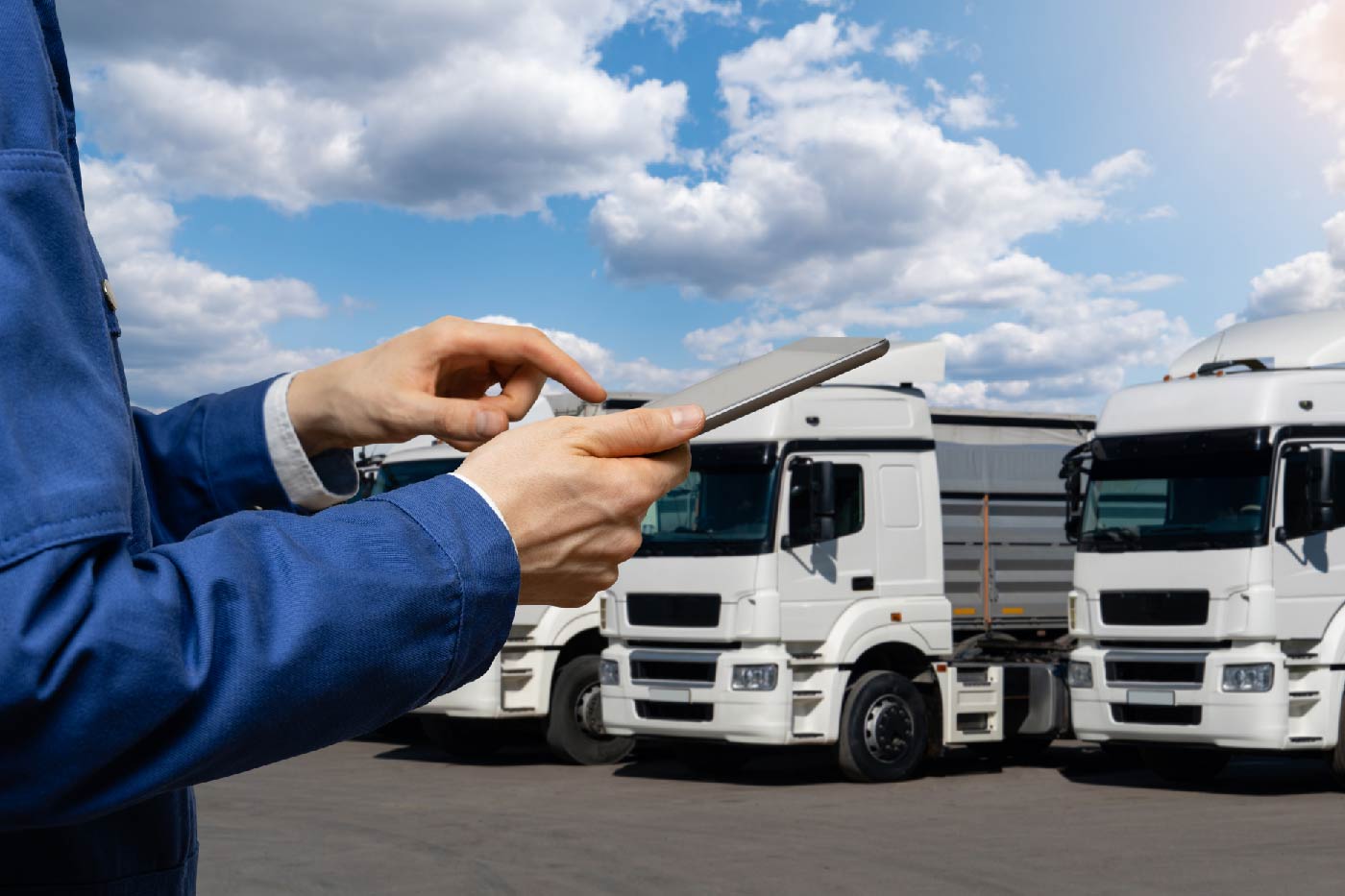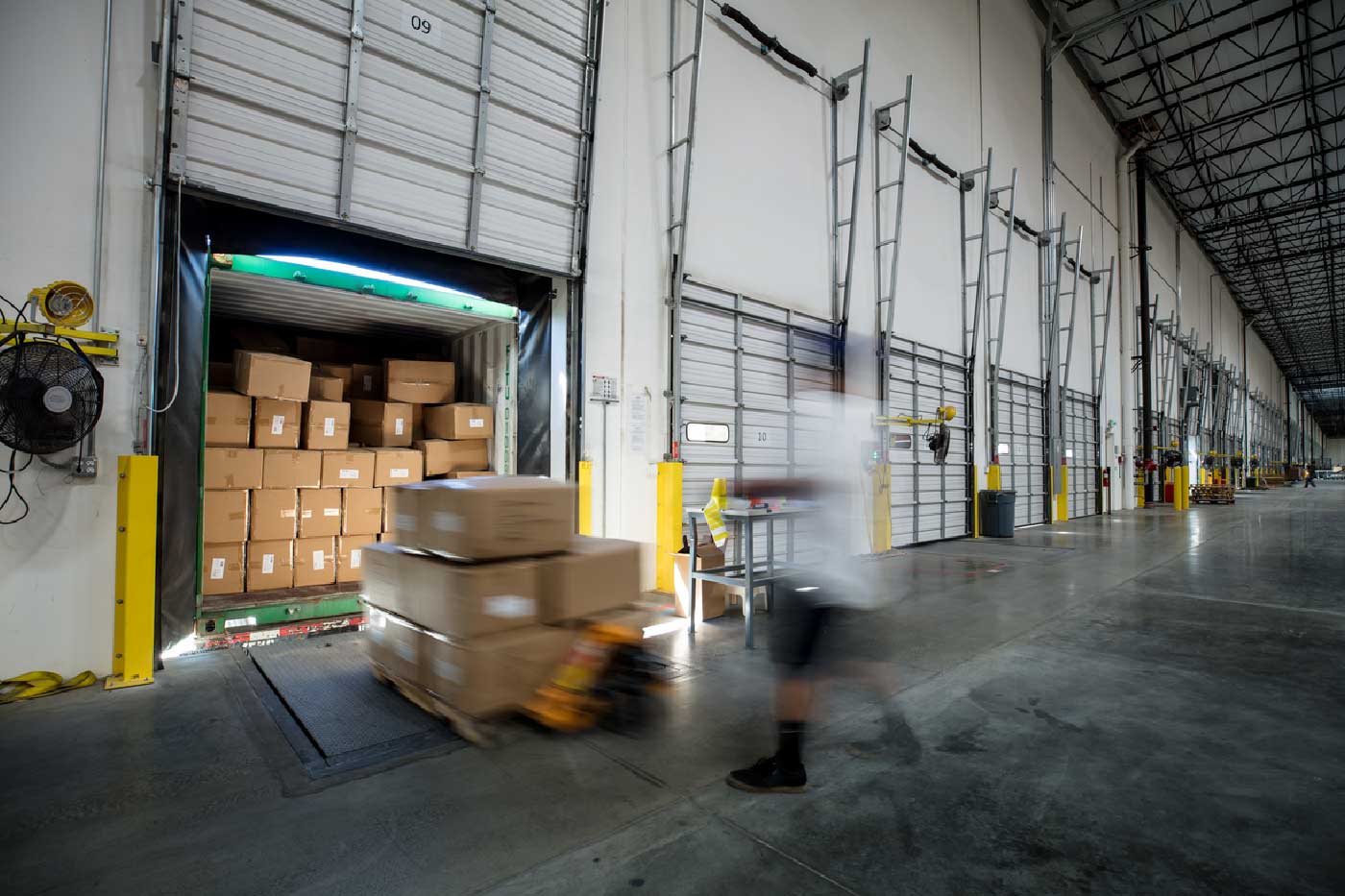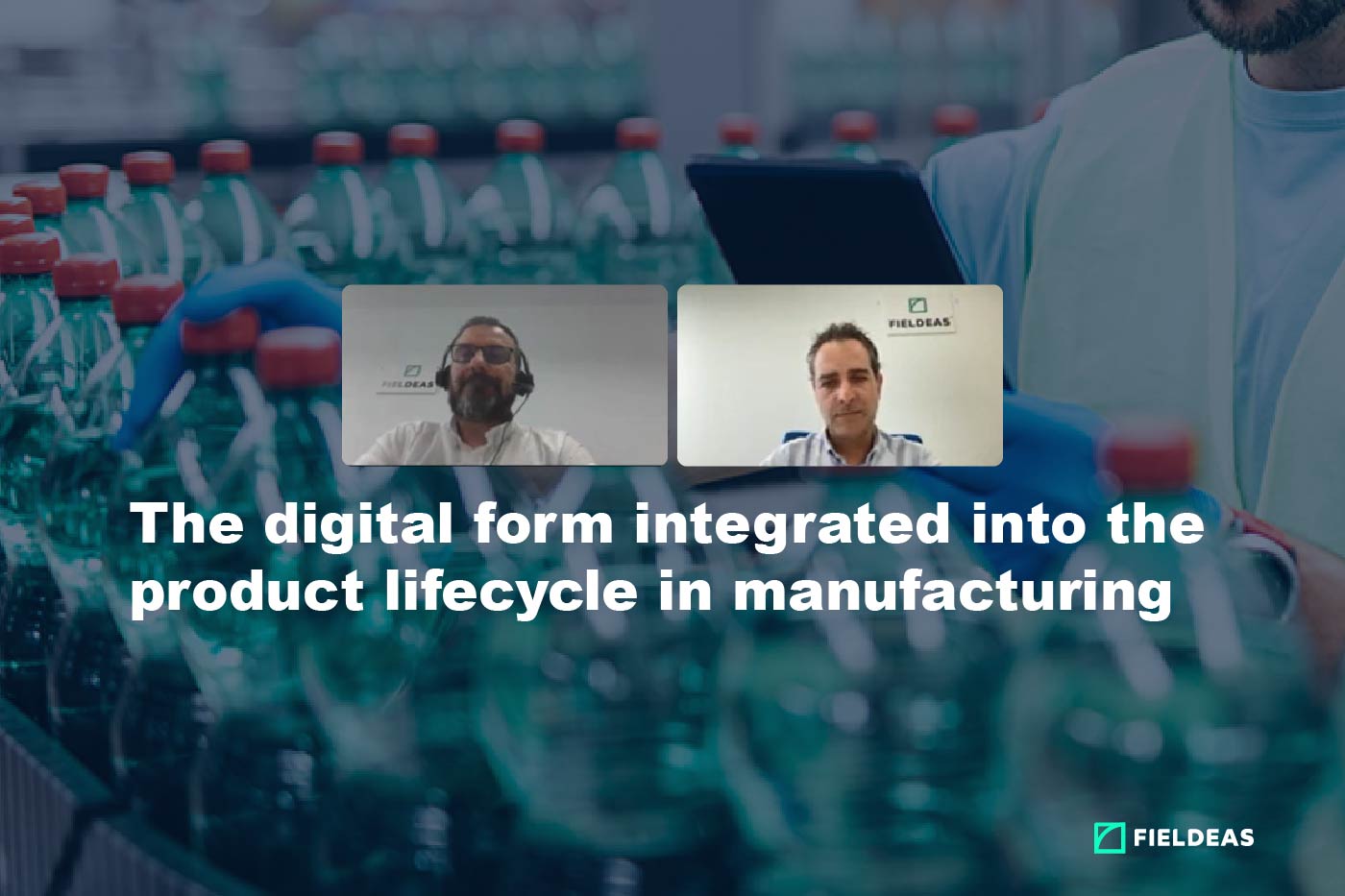There are many sectors in which safety is of paramount importance, an example of which is transportation safety. Even at the risk of writing a truism, protecting the business, which is ultimately the livelihood of companies, is as obvious as it is essential.
But protect it from what? This is where the fun begins. In sectors such as transportation and logistics, the need for physical security is particularly evident. Many of us have heard about how there are black market PS4 deals out there, selling it to you for half price and brand new, fresh off a delivery truck. The other day we were asked if we knew the surfers, and we answered that of course, there are many in California. We had misunderstood the question.
“The other day we were asked if we knew surfers, and we answered that of course, and that in California there are many. We had misunderstood the question.”
However, the supply chain in general is evolving, and a lot. Companies are realizing that they can significantly improve the processes that are part of the supply chain, all thanks to information that is distributed and accessible at every link in the chain. How can I not improve my processes if I know what is happening with my fleet at all times?
Now the question is whether this information is useful to provide security to my business processes. The answer is yes, obviously. But before delving into this, the subtlety here consists in knowing how to see the second derivative, which is that of information security. Indeed, I can take advantage of the amount of information available to improve the physical security of the fleet, but having more information in digital format means that companies have to take some care as to who and how information is handled.
In this sense, the most coherent bet is that whoever has to provide physical security through information, should be the same element that provides the security of the information itself. In other words, I must have a technological tool that securely provides me with the information that will allow me to secure the transport.
“In other words, I must have a technological tool that securely provides me with the information that allows me to secure the transport.”
And, what do we mean by offering us the information in a secure way? Without going into any technical details, we must ensure that the information, which may come from mobile devices, IoT elements, TMS’s or any other source, arrives securely and unaltered to its destination. Moreover, we must ensure that access to the information will be controlled and that it will be done in a timely manner by the people who need to access it. We may want an outsourced company to see only the routes assigned to it and not the rest, and when it executes them and sends me the relevant digitalized delivery notes in a secure way, it will no longer have visibility of everything we are managing, unless it is something related to the outsourced company itself.
And as for physical security, how to obtain it from information? Well, let’s go back to the surfers, which was a real example. It seems that vehicle thefts have become so professionalized that they reach the level that a car is placed behind a truck, one of the occupants accesses it from the rear after cutting the relevant lock, accesses the interior and empties it. All this without stopping – hence the name surferos – and without the carrier noticing anything. Hence the importance of applying safety in transportation. If we have door opening sensors, why not generate an alarm to the carrier’s cell phone and to the control center, when an opening is detected? First preventive mechanism, which could provide us with a technological solution flexible enough to adapt to the needs to be established. Because I want to know when the door opens, but not always, but in the situations that I set.
Another real-world example is GPS jammers. It seems that there are other professionals who raid vehicles with GPS jammers. By the time we want to notice the theft, the GPS is indicating that it is in Moldova, with a false location, and it is very difficult to find it. A possible measure to avoid this is to generate automatic warnings to the control panel when the vehicle’s position disappears for more than a certain time while en route, or when a position taken is more than a certain distance from the next one. In this case, we could know the last known real point, and since the alarm is generated proactively and not reactively, we have the last valid position when the inhibition occurs, and the truck will be much easier to locate.
In general, if I have adaptable technology and diverse data sources, I will be able to create additional transportation security measures. Under these premises, the examples could be many and very different, such as knowing the nearest safe parking lots when it is time to spend the night, accident detection solutions and self-managed alarms, dead man’s signals, inhibit the ignition in certain situations, managed audio spy, management of unscheduled disengagement…
The question is, what is the problem to be solved? We are convinced that technology allows us to respond to this need, including in this specific case, that of transportation safety.











